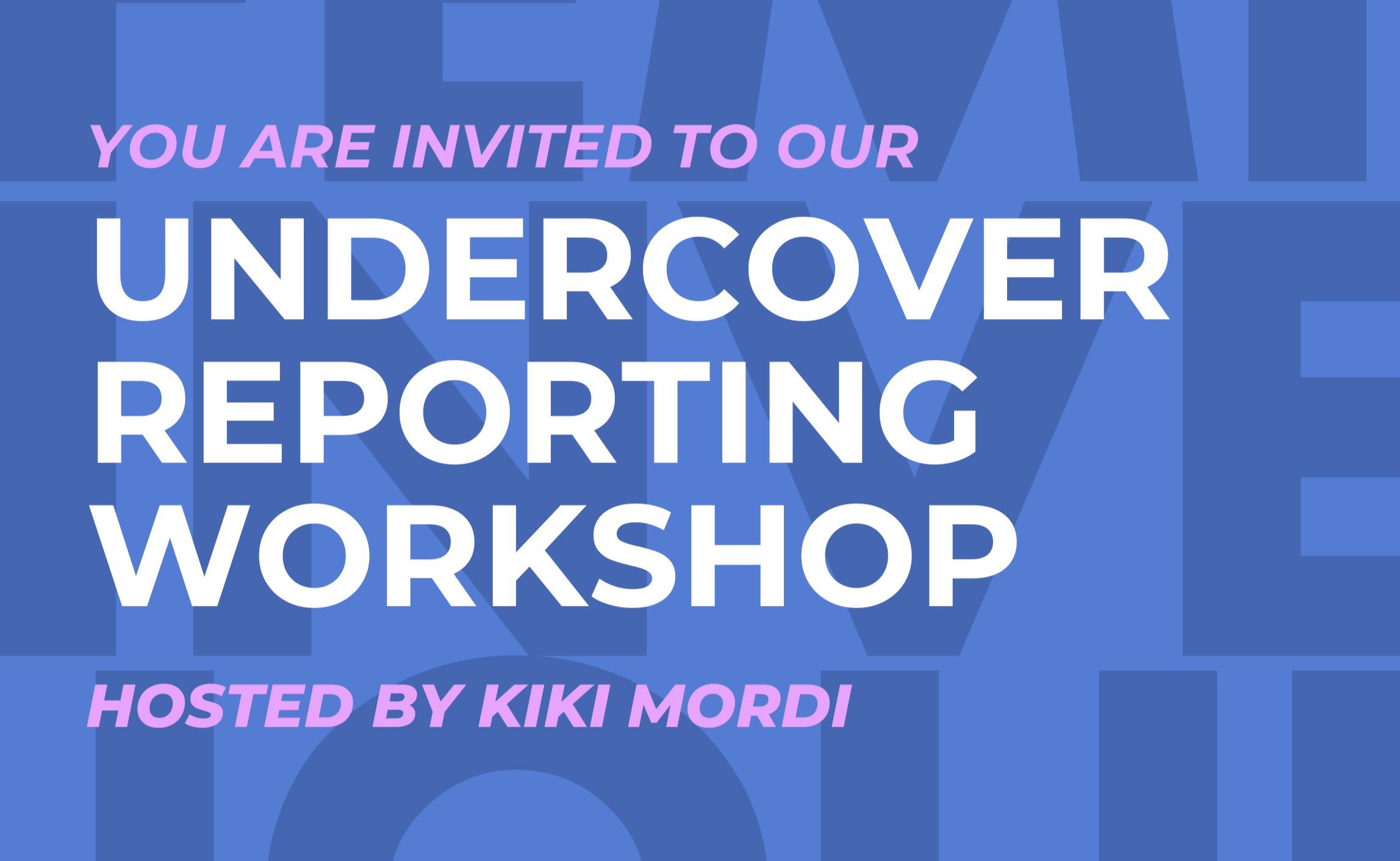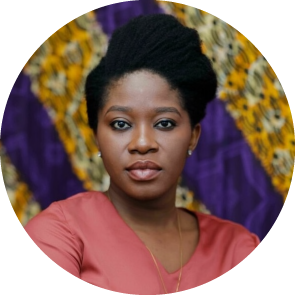
The Feminist Investigative Journalism Handbook
Where Investigative Journalism Meets Feminism
Feminist activist and journalist Mona Eltahawy who writes the foreword in this handbook, believes that when journalists are well-versed in feminist activism, their reporting develops a depth that is “muscular”.
Eltahawy says “imagine feminism as weight training that strengthens the core muscles of reporting and infuses it with a confidence that lifting heavier and heavier brings.” Feminism and freedom require dexterity. This handbook will serve as that manual.
Claire Provost, Co-founder of the IJSC, has spent over a decade making a case for feminist investigative journalism that shines a light on injustices related to gender, sexuality and patriarchal power.
She believes the journalists covering this work require even more support, resources and attention now more than ever.
The handbook shares case studies from investigations that expand on innovative ways to tell stories and how we can identify valuable stories for the audiences we serve.
One of such case studies is journalist Sophia Smith-Galer’s investigation into women denied transvaginal scans for being “virgins”. Smith-Galer shares in detail her process from discovery to investigation, breaking it down into a series of explainer videos that went viral on Tik Tok.
Another is the case of Kiki Mordi’s BBC investigative documentary “Sex for grades” that examines how that story influenced institution policies and led to legislative reform.
We feature a host of award-winning contributors from Eliza Anyangwe, Isabella Cota, Annie Burns-Pieper, Ankita Anand, Megan Clement, Tan Hui Yee, Luba Kassova, Hewete Haileselassie amongst others.
Feminist investigative reporting needs roadmaps and the wealth of knowledge from these journalists serve as a good place to start. We hope that this handbook is not just a helpful resource but a blueprint for innovative feminist reporting.
WORKSHOPS
-

Trauma-Informed Reporting Workshop
7 October, 4 pm UK time
This event, led by acclaimed journalist Juliana Ruhfus, is the first in a special IJSC Feminist Investigative Journalism workshop series.
In this session, we’ll explore how to approach interviews and reporting with a trauma-sensitive lens. You will learn practical techniques for conducting responsible journalism that prioritizes care for those most affected by trauma.
-

Investigative Data Journalism Workshop
13 November, 4 pm UK time
This event led by Annie Burns-Pieper and Ani Hovhannisyan is the second in our special IJSC Feminist Investigative Journalism workshop series.
This session will focus on how to uncover hidden stories through data. You will gain skills for finding patterns, tracking issues where official datasets don’t exist, and creatively building rigorous data-driven investigations. -

Undercover Reporting Workshop
4 December, 3 pm UK time
This event is led by Kiki Mordi, the lead journalist behind the groundbreaking ‘Sex for Grades’ BBC Africa Eye story. It concludes our special Feminist Investigative Journalism workshop series for this year.
In this session, we’ll explore the ethics, processes, and risks of going undercover. You will learn how to develop undercover personas, prepare for hidden or hostile environments, and reflect on the challenges of using this method to expose injustice.
Subscribe to our newsletter!
Stay informed about how we are empowering journalism and inspiring change







